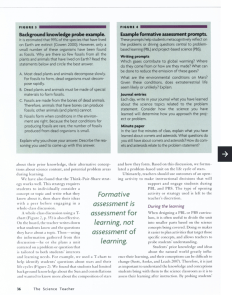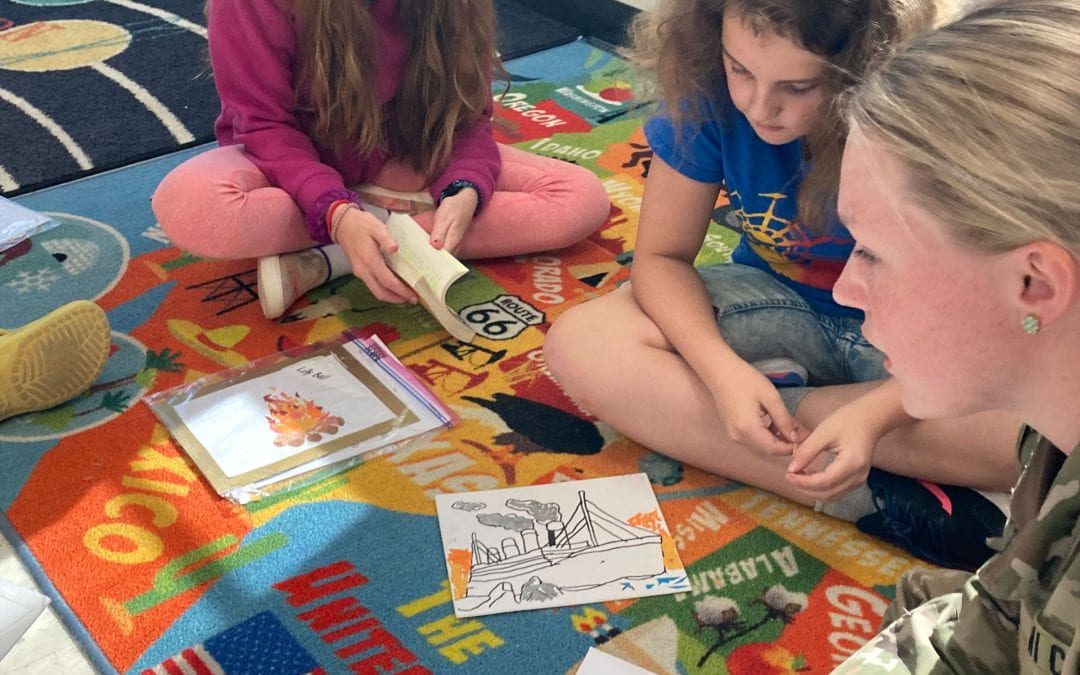by orrkp23 | Dec 14, 2022 | Learning Philosophies
On my second visit to Ms. Leadbetter’s classroom, I was instructed to take on a more participatory role in class discussion. In that class discussion, students were tasked with answering prompted questions from Ms. Leadbetter regarding a section of a book they had...

by Justin Addis | Dec 14, 2022 | Learning Philosophies
The value of this research is set forth in the formative assessment aspect of it and how it can be used to support PBL and PBS to take full advantage of student success. It talks about how “formative assessment is any pedagogical strategy used to elect student...
by ryankc23 | Dec 14, 2022 | Learning Philosophies
In “Reading Adolescents’ Reading Identities: Looking back to see Ahead”, written by Donna E. Alvermann, published by International Literacy Association and Wiley, there are multiple arguments explaining people’s identities as readers. These...

by havronbh24 | Dec 13, 2022 | Learning Philosophies
“Behind the Story Map” is a teaching philosophy article that details the vast world of literature and how studying these worlds can give children valuable perspectives on the real world. This entire idea is something my partner, Rachel, and I have been...

by franklindl23 | Dec 8, 2022 | Learning Philosophies
Hello fellow teachers, we live in a time of great suffering as teachers, professors, and general educators there is a lack of appreciation and understanding for what we do. Often, we are seen as sources of information, banks of knowledge that lack any real experience...
by Rachel Mininger | Dec 8, 2022 | Learning Philosophies
For this blog, I chose to read “Instructional Scaffolding: Reading and Writing as Natural Language Activities” by Arthur N. Applebee and Judith A. Langer. This journal explains how to build up young readers and writers in a way that furthers their critical...



